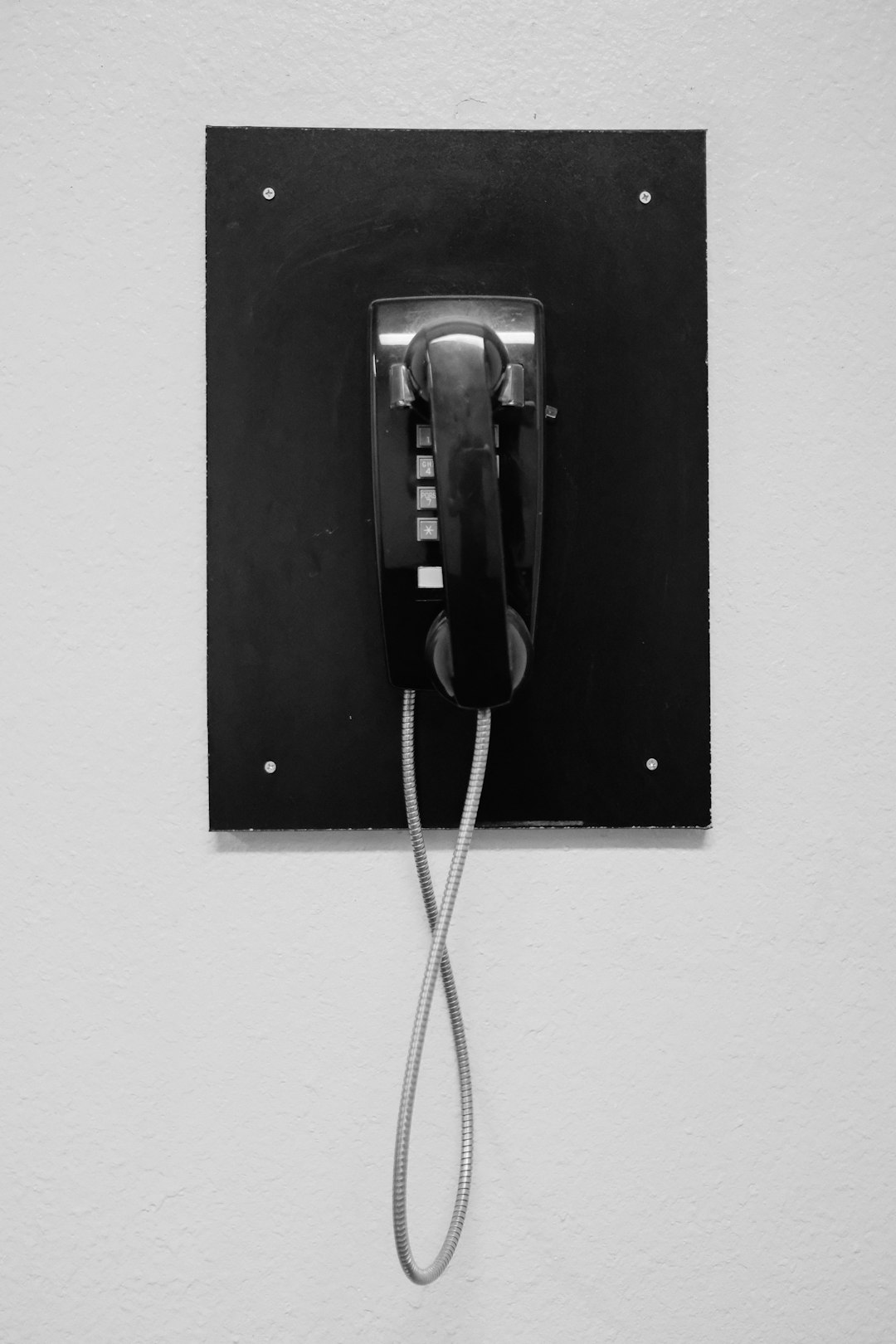North Carolina's strict Spam Call Laws protect consumers from unwanted telemarketing. Businesses engaging in outbound calls must register with the Department of Justice, comply with rules, and use a Spam Call law firm North Carolina for guidance to avoid substantial fines. The 'Do Not Call' registry reduces nuisance calls, benefits businesses aiming for positive customer relationships, and is both legal necessity and strategic move for law firms. Businesses should adopt stringent do-not-call policies, review policies regularly, update registries efficiently, implement clear privacy policies, and train employees on responsible marketing practices to stay compliant and maintain consumer trust.
In North Carolina, businesses must navigate strict spam call laws to avoid legal pitfalls. This comprehensive guide delves into the intricacies of the region’s Do Not Call Registry, a powerful shield against unwanted telemarketing. We explore how compliance with these regulations can prevent penalties and fines, offering best practices tailored for firms looking to stay ahead in the face of evolving consumer protection measures. Understanding North Carolina’s Spam Call laws is key to a successful and ethical business strategy.
Understanding North Carolina's Spam Call Laws

In North Carolina, businesses must adhere to strict guidelines regarding spam calls to protect consumers. The state’s Spam Call Laws are designed to curb unwanted telemarketing practices and give residents control over their phone lines. These laws are enforced by a dedicated regulatory body that oversees compliance, ensuring fair business practices.
If your company engages in outbound telemarketing activities, it is crucial to register with the North Carolina Department of Justice and comply with their requirements. Failure to do so can result in significant fines. A reputable spam call law firm in North Carolina can guide businesses through this process, ensuring they stay compliant and respect the ‘Do Not Call’ registry, thereby fostering a positive relationship with the state’s residents.
The Do Not Call Registry: Your Business's Shield

The Do Not Call Registry is a powerful tool designed to protect businesses and consumers alike from unwanted spam calls. In North Carolina, as in many states across the country, there’s a growing need for such protections due to the surge in nuisance phone calls. This registry allows individuals to opt-out of receiving marketing or sales calls, significantly reducing the number of irrelevant messages businesses send out.
By checking and respecting the Do Not Call Registry, firms can avoid legal repercussions associated with spamming. It’s a proactive step that fosters better customer relationships by ensuring communications are welcomed and relevant. This simple measure helps maintain a positive business image while adhering to the Spam Call law, ultimately making it a shield against potential legal issues and customer frustration.
Penalties and Fines: Avoiding Legal Pitfalls

Businesses operating in North Carolina, or any state for that matter, must adhere to stringent regulations regarding unsolicited phone marketing to avoid hefty penalties and fines. The Spam Call law firm North Carolina has become a hot topic as non-compliant companies face significant legal repercussions. Violations can result in financial punishments, ranging from administrative fines to substantial damages per violation, depending on the severity and intent.
To steer clear of these legal pitfalls, businesses should implement robust do-not-call policies and ensure their marketing practices are consumer-friendly. Regularly reviewing and updating these policies is essential, as consumer protection laws evolve, ensuring compliance with the latest Spam Call law firm North Carolina regulations and maintaining a positive relationship with customers.
Staying Compliant: Best Practices for Firms

Staying Compliant: Best Practices for Firms in North Carolina
In North Carolina, as across the nation, businesses must adhere to strict regulations regarding spam calls to protect consumers from unwanted and intrusive marketing tactics. One of the key components of maintaining compliance is regularly verifying and updating your company’s do-not-call registry. This involves implementing robust internal procedures to ensure that all phone numbers obtained are properly screened and that customers have easy access to opt-out options.
By fostering a culture of compliance, firms can avoid legal repercussions and maintain their reputation. Utilizing technology to automate the process of managing the do-not-call list is a wise strategy. Additionally, providing clear and comprehensive privacy policies and training employees on the importance of responsible marketing practices can significantly contribute to long-term success under the Spam Call law in North Carolina.






